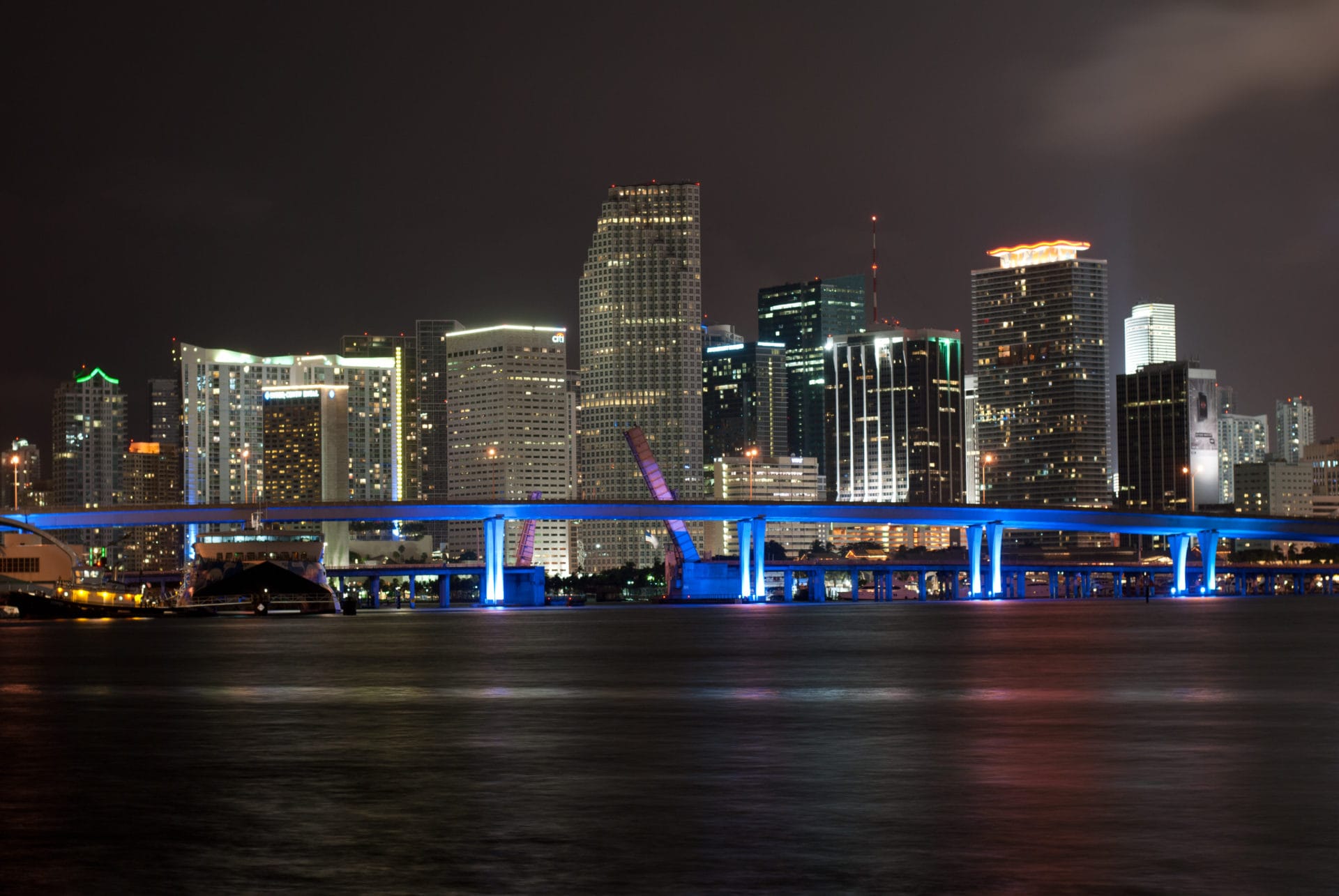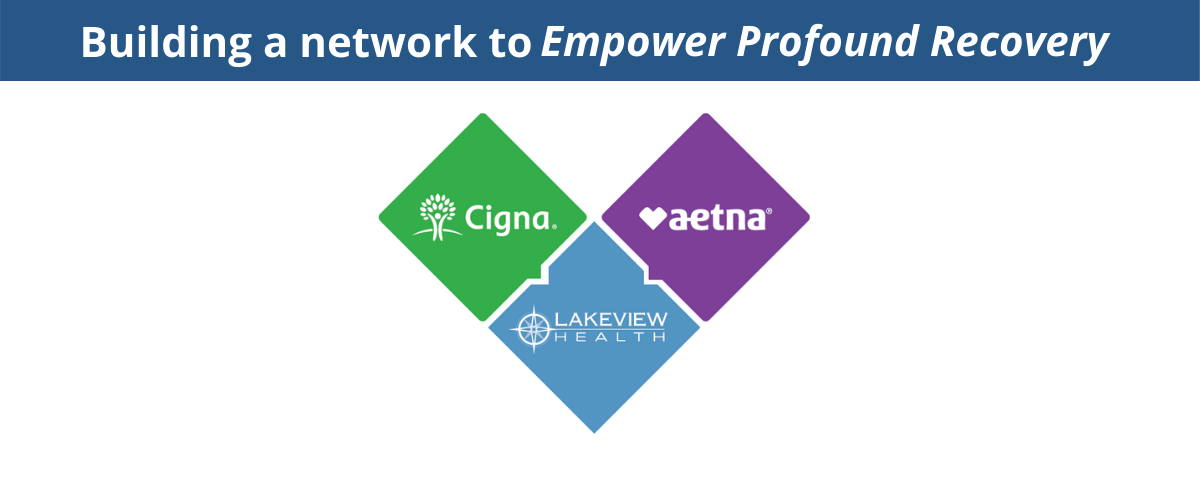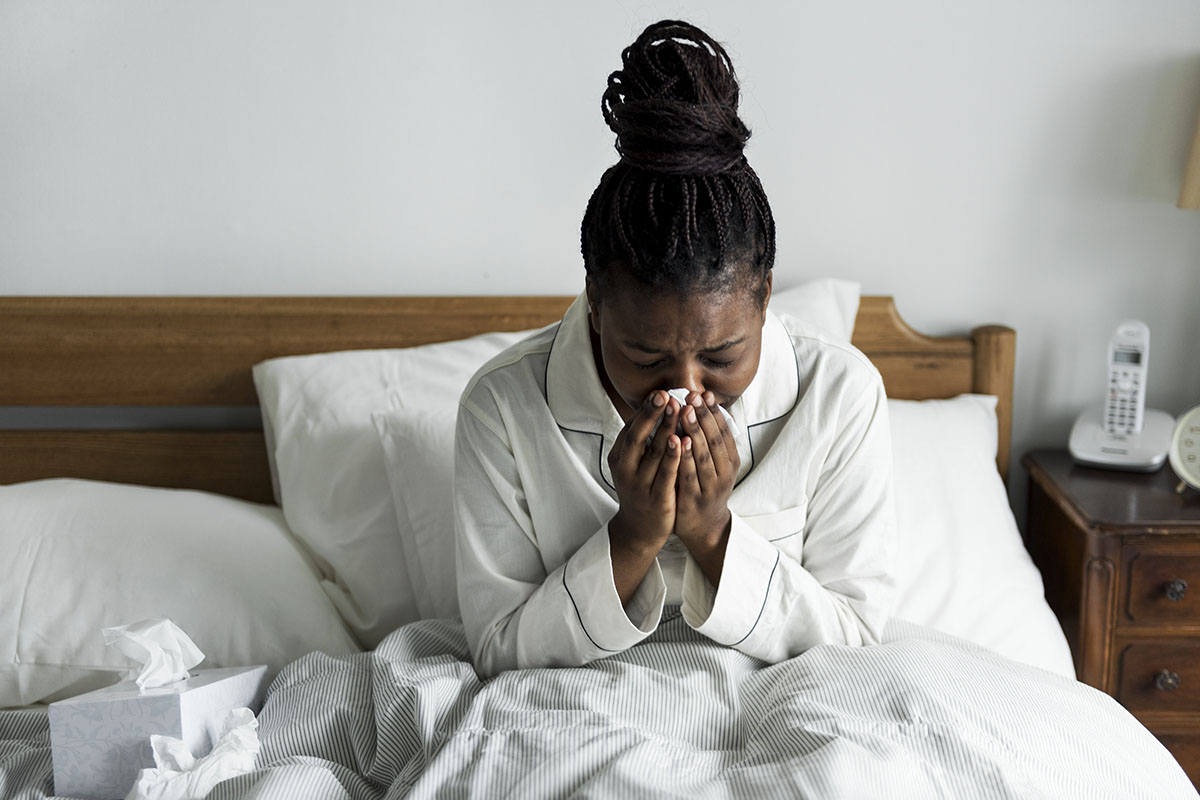

By: Lakeview Health
The number of daily opioid overdoses in South Florida is overwhelming the police, reported Public Radio International in April.
“Delray Beach is at the epicenter of a South Florida overdose epidemic estimated to have claimed more than 900 lives last year. Medical examiners are still counting.”
According to official estimates, first responders in Palm Beach County answered nearly 5,000 overdose calls in 2016. Florida Governor Rick Scott declared the opioid crisis a public health emergency in May, instructing state Surgeon General Celeste Philip to keep a standing order of Narcan (naloxone), which is used by first responders to counteract opioid overdoses. “Families across our nation are fighting the opioid epidemic, and Florida is going to do everything possible to help our communities,” Governor Scott said. Southern Florida has struggled with drug problems for quite some time now. First, the “pill-mill capital” of the US produced prescription opioids like oxycodone in large quantities, drawing traffickers and addicts to the area in the mid-to-late 2000s. Two years ago, Broward County had to deal with the “flakka” scare, which has now abated. “Now, the main concern is heroin laced with fentanyl or carfentanil,” says Crystal Shlifer, who represents Lakeview Health in South Florida. Both synthetic opioids are much more potent than heroin and extremely dangerous. “If fentanyl or carfentanil are involved, one dose of Narcan is often insufficient to revive people who are overdosing,” says Shlifer. Those drugs are fast acting, and first responders are frequently unable to be at the scene in time. According to sun-sentinel.com, State Attorney Dave Aronberg described the heroin/opioid epidemic as the No. 1 criminal justice issue facing Palm Beach County. Statistics provided by his office reveal that overdoses in Palm Beach County have increased by 314 percent over the past five years. Farther to the south, Miami-Dade County has established a task force “charged with developing an effective action plan that addresses the reduction of opioid and heroin addiction and prevents overdose deaths.” The task force began meeting in January. As a result of the epidemic, many people in the region require substance use disorder treatment. Despite the presence of numerous sober homes and rehabs in Florida, some patients cannot find local treatment programs that match their needs. As a national leading treatment at the forefront of ending the opioid epidemic, Lakeview Health accepts and invites patients from all over the United States to get the help they need. “Many clients are looking for a better treatment fit than is available in South Florida,” says Crystal Shlifer. “Lakeview Health in Jacksonville can provide all levels of care and take patients outside their immediate area, away from relapse triggers.”





